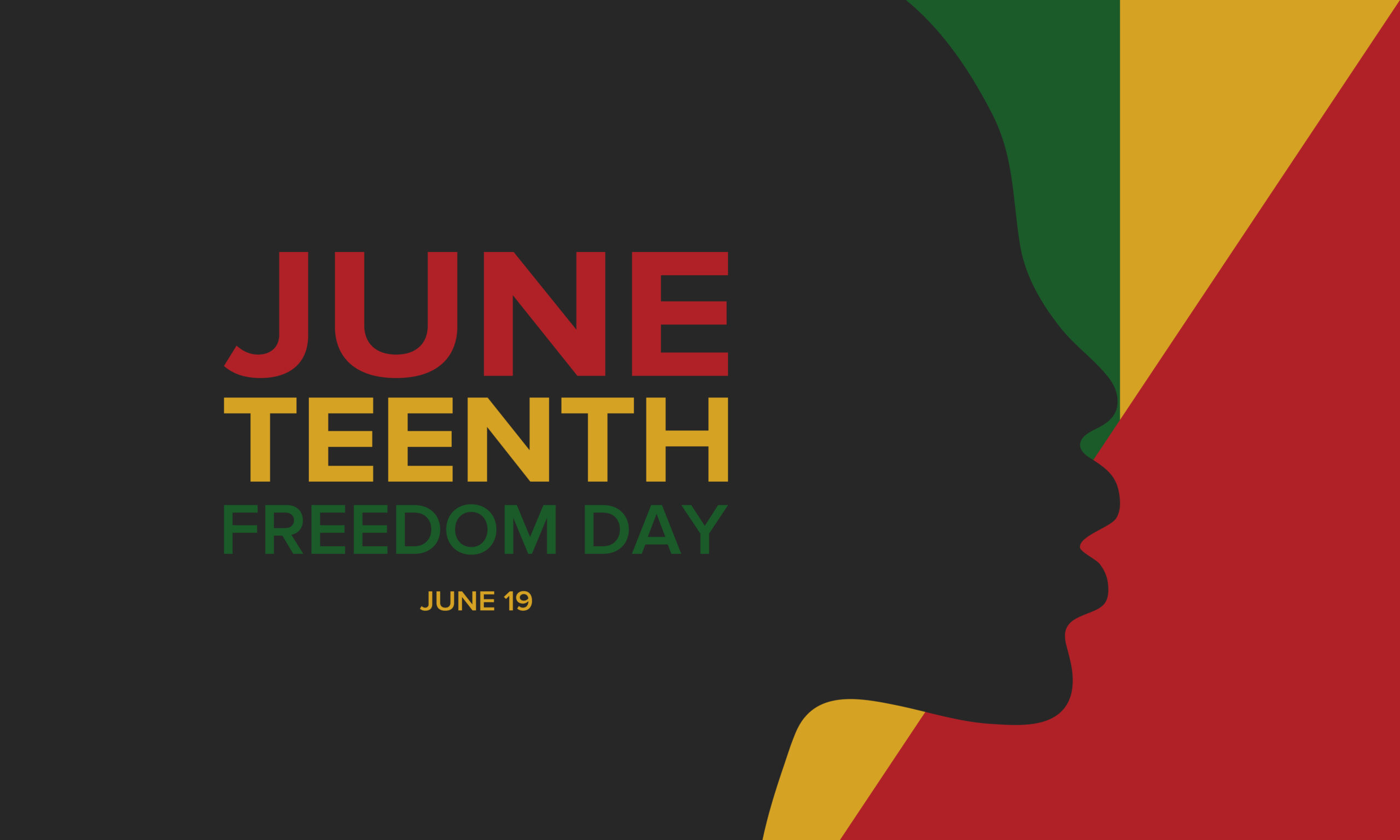Juneteenth, celebrated every year on June 19th, is more than just a date—it’s a powerful symbol of freedom, resilience, and the long journey toward justice for African Americans. Also known as Freedom Day, Emancipation Day, and Jubilee Day, Juneteenth commemorates the day in 1865 when enslaved people in Galveston, Texas, finally learned they were free—two and a half years after the Emancipation Proclamation was signed by President Abraham Lincoln.
Today, Juneteenth serves as a powerful reminder of America’s complex history and the importance of ongoing conversations about racial equity and civil rights. As the newest federal holiday in the United States (recognized in 2021).
It’s a time to reflect, learn, and honor the contributions of African Americans. Let’s explore 50 fascinating, moving, and important facts about Juneteenth that will deepen your understanding and appreciation of this historic day.
50 Facts About Juneteenth
- Juneteenth gets its name from a blend of “June” and “nineteenth.”
- It marks the date in 1865 when Union General Gordon Granger arrived in Galveston, Texas, to announce the end of slavery.
- General Order No. 3 declared “all slaves are free” in Texas.
- This announcement came more than two years after the Emancipation Proclamation had been issued.
- Juneteenth is considered the longest-running African American holiday in the U.S.
- The first Juneteenth celebration took place in Texas on June 19, 1866.
- Early celebrations included church services, public readings, singing, and feasts.
- Red foods and drinks—like red velvet cake and strawberry soda—are traditional in Juneteenth meals, symbolizing resilience and bloodshed.
- Juneteenth was not recognized as a federal holiday until 2021.
- President Joe Biden signed the Juneteenth National Independence Day Act into law on June 17, 2021.
- Texas was the first U.S. state to officially recognize Juneteenth as a state holiday—in 1980.
- Juneteenth is now recognized as a public holiday in all 50 states and Washington D.C.
- Juneteenth has been celebrated under many names, including Emancipation Day and Liberation Day.
- The color red in Juneteenth celebrations also traces back to West African traditions.
- Many African American communities use Juneteenth to honor Black veterans and community leaders.
- In some regions, Juneteenth was celebrated with parades and baseball games as early as the 1900s.
- Formerly enslaved people pooled money to purchase land specifically for Juneteenth celebrations—such as Emancipation Park in Houston.
- Music has always been a key part of Juneteenth—spirituals, blues, and gospel music are often featured.
- Juneteenth celebrations often include readings of the Emancipation Proclamation.
- Modern Juneteenth events include art exhibitions, film screenings, and educational panels.
- Juneteenth flags feature red, white, and blue colors to show that formerly enslaved people and their descendants are Americans.
- The bursting star on the Juneteenth flag represents a new dawn of freedom.
- Corporate recognition of Juneteenth has grown significantly in recent years, especially after 2020.
- Juneteenth has been a central theme in several television shows, including Atlanta and Black-ish.
- In 2020, following the George Floyd protests, many companies began observing Juneteenth as a paid holiday.
- Juneteenth was added to the National Register of Historic Places in 2011.
- The Smithsonian National Museum of African American History and Culture hosts annual Juneteenth celebrations and educational events.
- Poetry readings and spoken word performances are common during Juneteenth events.
- The holiday is recognized in the U.S. Army and other military branches with commemorative ceremonies.
- Juneteenth has become an important day for voter registration drives and civic engagement.
- In 2021, NASA celebrated Juneteenth with virtual panels highlighting African American contributions to space exploration.
- The Juneteenth Legacy Project in Galveston includes a massive mural honoring the day’s significance.
- Dr. Opal Lee, known as the “Grandmother of Juneteenth,” campaigned for decades to make it a national holiday.
- Lee walked from Fort Worth to Washington D.C. to raise awareness about Juneteenth.
- Barack Obama issued a statement recognizing Juneteenth during his presidency but did not declare it a national holiday.
- Juneteenth is also a day for highlighting ongoing issues like mass incarceration and economic inequality.
- Education is a major focus of Juneteenth, with many events teaching Black history beyond slavery.
- Books like On Juneteenth by Annette Gordon-Reed offer deep insights into the holiday’s roots.
- Juneteenth is recognized in several other countries where the African diaspora resides, such as South Africa and Jamaica.
- Public schools across the U.S. are increasingly incorporating Juneteenth into their curriculum.
- Juneteenth has been celebrated continuously for over 150 years.
- In some families, Juneteenth is more important than the Fourth of July.
- The delay in spreading the Emancipation Proclamation was partly due to resistance from slaveholders.
- Some historians believe the announcement was deliberately delayed in Texas to allow one last cotton harvest.
- Juneteenth’s popularity has surged due to the broader Black Lives Matter movement.
- Community service and mutual aid are often tied to modern Juneteenth observances.
- Juneteenth is featured in many children’s books that teach about freedom and history.
- African-American cuisine is central to Juneteenth, with dishes like ribs, collard greens, cornbread, and sweet potato pie.
- Some cities host freedom runs or marathons on Juneteenth to promote health and unity.
- Juneteenth reminds us that freedom in name is not always freedom in practice—and that the fight for justice is ongoing.
Honoring the Past, Inspiring the Future
Juneteenth is a celebration of freedom—but also a call to remember, to reflect, and to continue pushing for equality. It reminds us of the costs of injustice, the strength of those who endured, and the importance of honoring truth and history.
As we gather to celebrate with music, food, and family, let us also educate ourselves and uplift voices that have too long been silenced. Whether you’re learning about Juneteenth for the first time or continuing a long tradition, share these facts, spark conversation, and let freedom ring—not just on June 19, but every day.

